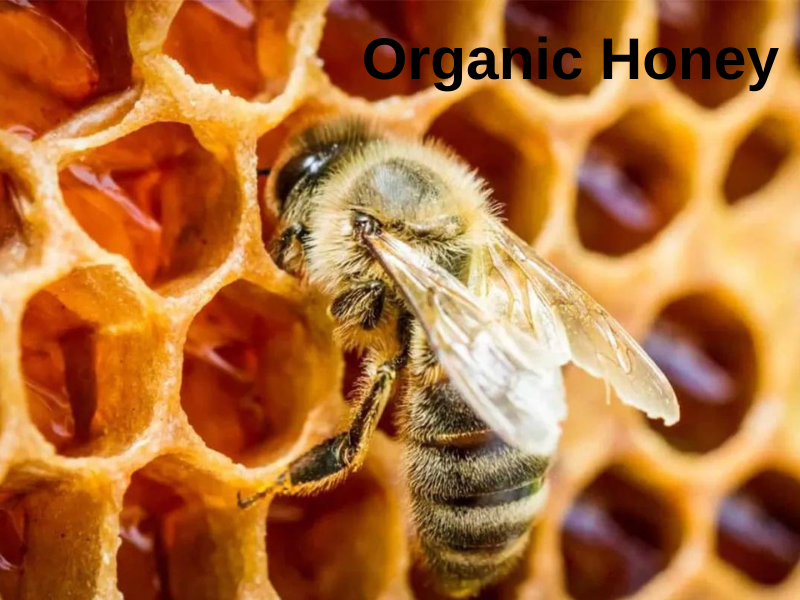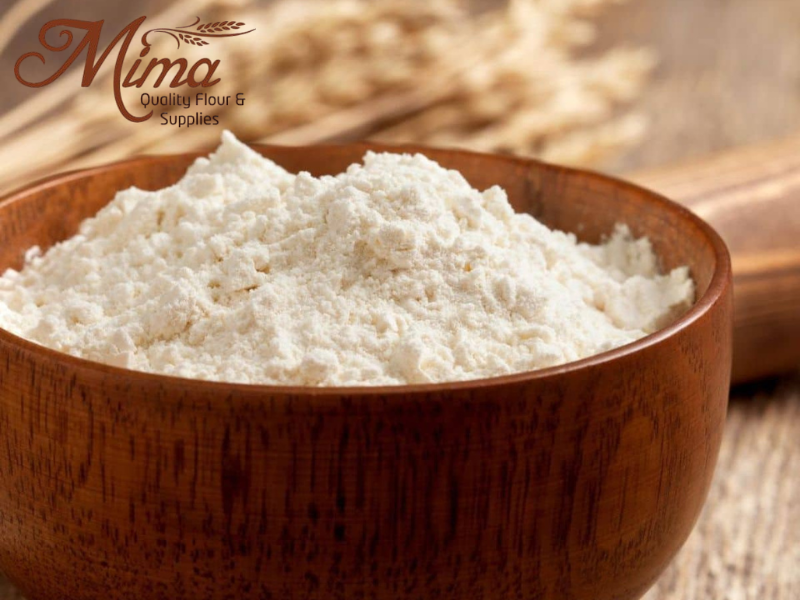
About Organic Honey
Organic honey is produced by honeybees from the nectar of flowers, and it typically contains a blend of sugars, enzymes, organic acids, and trace amounts of other compounds.
INGREDIENTS: The exact composition of organic honey can vary depending on the types of flowers the bees forage from, but it generally includes:
-
Fructose: A natural sugar found in honey.
-
Glucose: Another natural sugar present in honey.
-
Water: Honey contains a small amount of water, usually less than 20%.
-
Enzymes: Honey contains enzymes such as invertase, diastase, and glucose oxidase, which help to break down complex sugars and contribute to its flavor and texture.
-
Organic Acids: These include acetic acid, citric acid, formic acid, and others, which give honey its slightly acidic taste.
-
Trace Elements: Organic honey may contain trace amounts of vitamins, minerals, and antioxidants, which can vary depending on the floral source.
Organic honey offers several potential benefits, both in terms of health and other uses.
- Wound Healing: Honey's natural antibacterial properties make it useful for wound healing and preventing infections.
- Digestive Health: Organic honey may aid in digestion and alleviate digestive discomfort, such as indigestion and acid reflux.
- Skin Health: Applied topically, honey can help moisturize and soothe the skin. It's used in skincare for its potential antibacterial and anti-inflammatory properties.
- Improved Sleep: Consuming honey before bedtime can promote better sleep by helping to stabilize blood sugar levels.
- Cough Suppressant: Honey can be effective in reducing cough frequency and severity, making it a natural alternative to over-the-counter cough syrups.
Here are some storage tips for organic honey to keep it fresh and delicious.
- Cool and Dark Place: Store your honey in a cool, dry place away from direct sunlight. Sunlight and heat can cause honey to crystallize and lose its flavor.
- Seal the Lid: Make sure the lid of the honey container is tightly sealed to prevent moisture from getting in. Honey has a low water content, but exposure to moisture can lead to fermentation.
- Use Dry Utensils: When scooping honey, use clean, dry utensils or spoons. Avoid introducing moisture into the container.
- Avoid Refrigeration: Honey does not need to be refrigerated. Just store it at room temperature.
- Use Glass or Food-Grade Plastic: Honey is best stored in glass jars or food-grade plastic containers. These materials won't react with the honey.
- Warm to Decrystallize: If your honey crystallizes, you can gently warm it by placing the container in a bowl of warm water. Do not microwave honey in its original plastic container.


